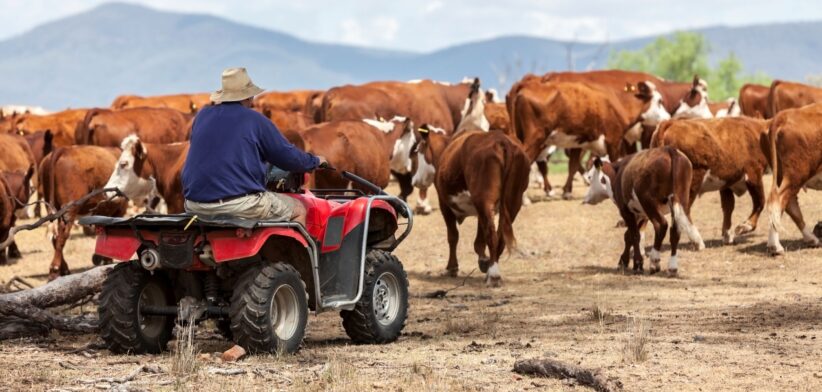More regional Queensland business will be able to access disaster relief funding with the definition of primary producer changed to include agricultural support services.
Federal Emergency Management Minister Kristy McBain said the change opened the way for increased access to the joint Commonwealth-state Disaster Recovery Funding Arrangements (DRFA).
Minister McBain said the change applied to all relevant DRFA assistance measures directly relating to primary producers and could be applied retrospectively.
She said a primary producer whose income included agricultural support services, such as cane harvesting, contract mustering, artificial insemination, cattle droving services, and contract milking services was now eligible for primary producer DRFA grants, as this was considered primary production income.
“This means disaster-affected farmers who may have been previously ineligible for assistance in Queensland can apply for support measures like Disaster Recovery Grants, disaster loans and freight subsidies.”
Minister McBain said the DRFA supported communities, businesses and industries impacted by severe weather and was a joint initiative of the Australian and state and territory governments.
“This important update will be particularly welcomed by local primary producers affected by the record-breaking 2024-25 disaster season.”
She said agricultural support services were essential for sustaining a small-scale farming operation.
“We want to make sure these producers are supported in their disaster recovery.”
AgForce CEO Michael Guerin says the new definition was a pivotal change.
“It’s probably one of our biggest wins because what it means is a whole lot of people who are genuine primary producers who were not eligible for grants and support in times of disasters – so where they had some off-farm income – will now be eligible for it,” Mr Guerin says.
“Which is massive because some people struggle because they work off farm for the economics of it, yet they can’t get grants at times of need.”
He said the most impressive part of the changes was that they would apply retrospectively for all primary producers affected by the record-breaking 2024-25 disaster season.
“There will be hundreds of producers who had no ability to access support, who now will have it.”








